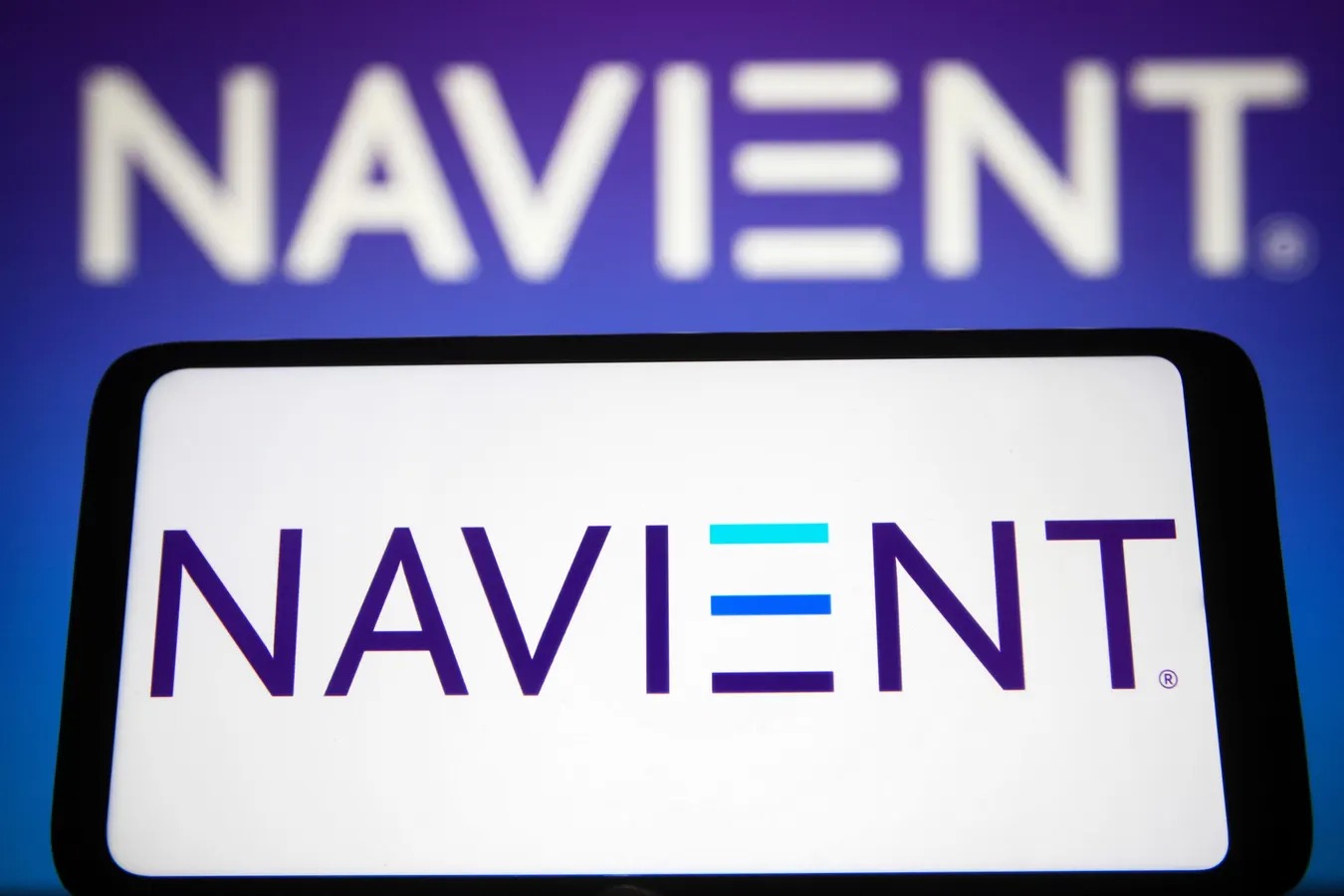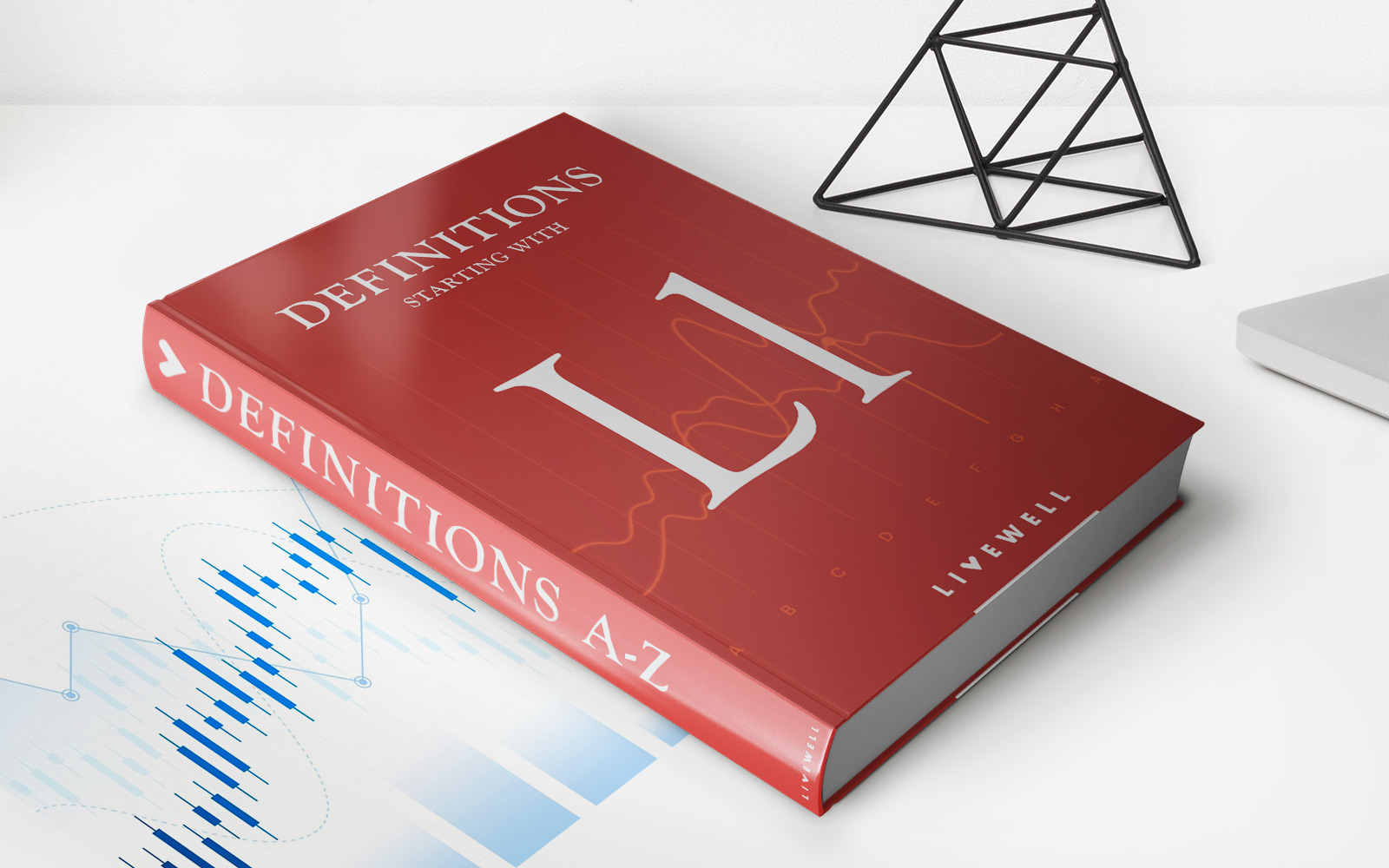Home>Finance>What Happens When Your Grace Period Ends On Student Loans?


Finance
What Happens When Your Grace Period Ends On Student Loans?
Published: February 20, 2024
Learn about the consequences of missing student loan payments when your grace period ends. Get expert advice on managing your finances effectively.
(Many of the links in this article redirect to a specific reviewed product. Your purchase of these products through affiliate links helps to generate commission for LiveWell, at no extra cost. Learn more)
Table of Contents
Introduction
Understanding the Grace Period
When you graduate from college, your student loans typically come with a grace period. This period, usually lasting six months, offers a buffer between the time you finish your studies and when you need to start repaying your loans. It provides a valuable opportunity to get your finances in order and transition into the workforce without the immediate burden of loan payments. However, once this grace period ends, you will need to prepare for the financial responsibilities that come with student loan repayment.
Understanding the implications of the end of your grace period is crucial for managing your finances effectively. It’s a time when you must make important decisions regarding your repayment strategy, and being well-informed can help you navigate this transition more smoothly. In this article, we’ll discuss what happens when your grace period ends on student loans, the potential consequences, and the options available to you as you prepare to start repaying your student loans.
Understanding the Grace Period
As a recent graduate, the grace period on your student loans offers a temporary reprieve from making payments. During this period, you are not required to make any payments, and interest may not accrue on certain types of federal loans. This allows you to focus on securing employment and getting your finances in order before the burden of loan repayment begins.
It’s important to note that the length of the grace period can vary depending on the type of loan. For federal Stafford loans, the grace period typically lasts six months, while for federal Perkins loans, it is nine months. Private student loans may have different grace period terms, so it’s essential to check the specifics of your loan agreement.
During the grace period, you have the opportunity to explore various repayment plans and get a clear understanding of your financial situation. This includes calculating your monthly expenses, creating a budget, and assessing your income prospects. By taking the time to organize your finances, you can make informed decisions about how to manage your student loan payments once the grace period ends.
Additionally, the grace period provides a chance to familiarize yourself with the terms of your loans, including interest rates, repayment options, and any potential benefits or incentives for making timely payments. This knowledge will be invaluable as you prepare to enter the repayment phase and take control of your financial obligations.
Consequences of Grace Period Ending
When the grace period on your student loans comes to an end, several consequences may arise, especially if you’re not prepared for the transition. One of the immediate impacts is the onset of monthly loan payments. If you haven’t budgeted for this new expense, it can put a strain on your finances, particularly if you’re still in the early stages of your career and facing other financial pressures.
Furthermore, the end of the grace period means that any unpaid interest that has accrued during this time will capitalize, or be added to the principal balance of your loan. This can result in an increase in the total amount you owe, potentially leading to higher monthly payments and a longer repayment period.
For federal loans, failing to make payments after the grace period ends can lead to delinquency and ultimately default. Defaulting on your student loans can have serious consequences, including damage to your credit score, wage garnishment, and the loss of eligibility for future financial aid or loan repayment assistance programs.
It’s essential to be proactive and explore your options for managing the end of the grace period to avoid these negative outcomes. Understanding the potential consequences and taking steps to mitigate them can help you navigate this phase of your financial journey more effectively.
Options for Repayment
As the end of your grace period approaches, it’s crucial to explore the various options available for repaying your student loans. Understanding these options can empower you to make informed decisions that align with your financial circumstances and goals.
One common approach to repayment is to enroll in an income-driven repayment plan. These plans base your monthly payments on your income and family size, making them more manageable, especially if you’re facing financial challenges. They also offer the potential for loan forgiveness after a certain period of consistent payments.
Another option is to consider loan consolidation, which involves combining multiple federal student loans into a single loan. This can streamline the repayment process by consolidating your loans into a single monthly payment, potentially extending the repayment term and reducing the monthly amount due.
If you’re experiencing temporary financial hardship, you may be eligible to request a forbearance or deferment, which allows you to temporarily postpone or reduce your loan payments. While interest may continue to accrue during these periods, it can provide short-term relief as you work to improve your financial situation.
Additionally, exploring potential loan forgiveness programs, such as Public Service Loan Forgiveness for those working in qualifying public service jobs, can offer a path to eventual loan discharge based on specific eligibility criteria.
It’s important to reach out to your loan servicer to discuss these options and determine the best course of action based on your individual circumstances. By proactively seeking guidance and exploring the available repayment strategies, you can take control of your student loan repayment and work towards a financially secure future.
Conclusion
As the grace period on your student loans draws to a close, it’s essential to prepare for the shift from student to borrower. Understanding the implications of the end of the grace period and the potential consequences is key to managing this transition effectively.
By taking advantage of the grace period, you have the opportunity to assess your financial situation, explore repayment options, and create a plan that aligns with your goals. Whether you opt for an income-driven repayment plan, loan consolidation, or explore forgiveness programs, being proactive about your repayment strategy can set you on a path towards financial stability.
It’s important to remember that you’re not alone in this process. Your loan servicer is there to provide guidance and support as you navigate the complexities of student loan repayment. Seeking assistance and staying informed about your options can help you make informed decisions and avoid potential pitfalls, such as delinquency or default.
Ultimately, the end of the grace period signifies the beginning of a new phase in your financial journey. By approaching it with knowledge and preparation, you can take control of your student loan repayment and work towards a secure financial future.
Remember, the end of the grace period is not the end of the road—it’s the start of a new chapter in your financial life. With careful planning and a proactive approach, you can successfully manage your student loan repayment and pave the way for long-term financial well-being.














